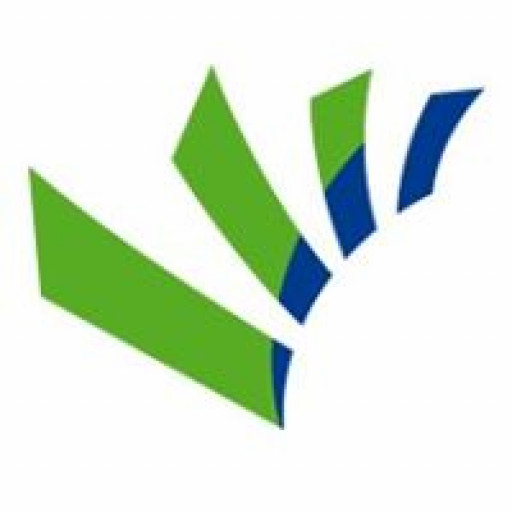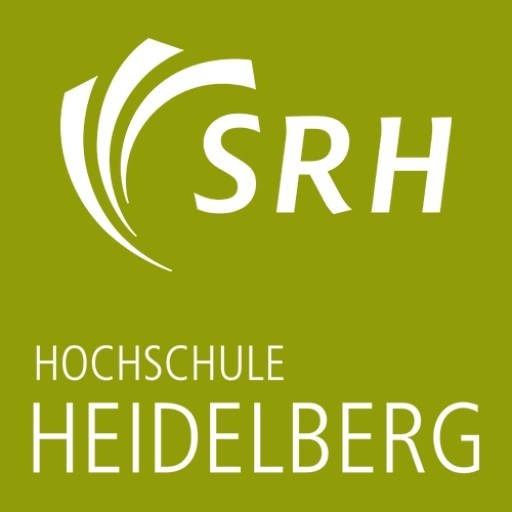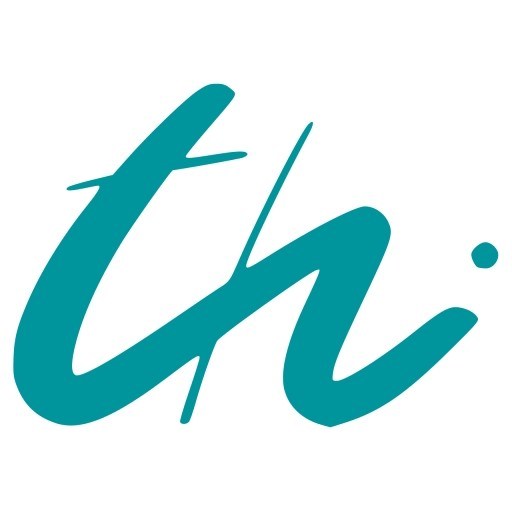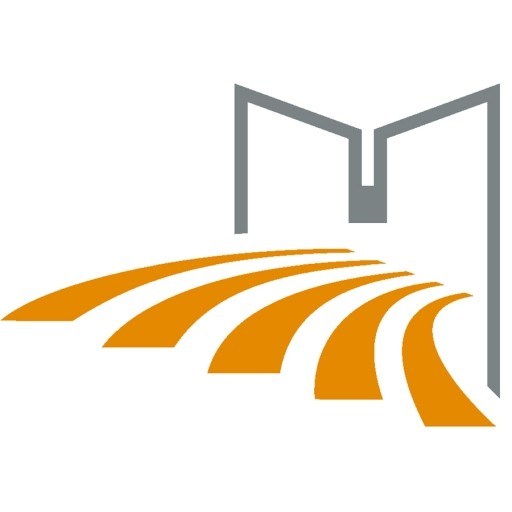Photos of university / #unisiegen
Human Computer Interaction (HCI) at the University of Siegen is an interdisciplinary master’s degree program designed to equip students with the skills and knowledge necessary to understand, design, and evaluate interactive digital systems. This program combines aspects of computer science, psychology, design, and ergonomics to prepare graduates for the evolving demands of user-centered technology development. Throughout the course of study, students explore a wide range of topics including user interface design, usability testing, cognitive psychology, information architecture, and emerging technologies such as augmented reality and virtual reality. The program emphasizes practical experience through project-based coursework, internships, and collaboration with industry partners, enabling students to develop real-world skills and innovative solutions tailored to user needs. Students will engage in research projects that focus on improving user experience, accessibility, and the overall efficiency of human-computer interactions. The curriculum is structured to foster both theoretical understanding and practical application, with coursework that covers foundational concepts as well as advanced topics in HCI. Graduates of this program will be well-prepared for careers in various sectors, including software development, UX/UI design, usability consultancy, research and development, or continue their academic pursuits through doctoral studies. The University of Siegen’s HCI program benefits from a vibrant academic environment, experienced faculty members, and state-of-the-art laboratories that support hands-on learning and research. Emphasis is placed on sustainable and ethical practices in technology design, ensuring that students are equipped to develop systems that are inclusive, accessible, and beneficial for society. By completing this program, students will join a global community of professionals dedicated to advancing the interaction between humans and digital technology, contributing to innovative solutions that enhance everyday life and work environments worldwide.
Educational organisation
The course of study includes four core taught modules (33 ECTS), four elective modules (24 ECTS) and two supplementary modules (18 ECTS). The taught part will be followed by an independent research project (9 ECTS), an HCI internship, (6 ECTS), and the Master's thesis (30 ECTS).Taught Core Modules (33 ECTS):
- Computer supported learning and work (9 ECTS)
- HCI (9 ECTS)
- User Orientation (9 ECTS)
- Art Work and Design (6 ECTS)
Taught Elective Modules (24 ECTS):
- Integrated Technology and Organisation Development (6 ECTS)
- IT Controlling (6 ECTS)
- GUI-Development with Windows Presentation Foundation (6 ECTS)
- Information Management
- Decision Support Systems (6 ECTS)
- Selected Areas in HCI (6 ECTS)
- HCI Combi-Seminars (two topics) (6 ECTS)
Taught Compulsory Modules (18 ECTS)
- IT Security (9 ECTS)
- New Media Management (9 ECTS)
- Statistics (9 ECTS)
- Media Law (9 ECTS)
Forms of assessment
Written and oral exam, research/design project, seminar paper, assignment, presentationCourse objectives
Upon successful completion of the HCI Master's programme, graduates are capable of efficiently and effectively designing and implementing applications that support various practices and social systems, e.g., organisations, communities, home, and leisure settings. In light of its interdisciplinary and yet practice-oriented focus, the programme opens the way to a number of careers in the IT industry, ranging from interface designer and usability specialist to designer of innovative products. HCI specialists are actively sought after by many large corporations. With the focus lying more on the target group-specific development of usable software and software systems, many medium-sized companies are also likely to be among potential employers.The degree "Master of Science in Human-Computer Interaction" qualifies graduates to participate in post-graduate studies and to complete a PhD programme in the field of information systems, computer science, and media science.
Language requirements
If English is not your first language or if your first degree was not achieved in a programme taught entirely in English, you will need to provide additional proof that you have a sufficient command of the English language (level B1 CEFR (Common European Framework of Reference for Languages)). English language qualifications comparable to a "B1 level" can be certified as follows:- TOEFL test a minimum of 550 points (written test), or 213 points (computer-based test) or 79 points (Internet-based test). The TOEFL code for the University of Siegen is 8429.
- IELTS test with a minimum score of 5.5 points
- Cambridge Certificate: PET
- English language qualifications obtained through at least five years of English instruction in secondary/high school. You are required to enclose copies of your secondary/high school certificates, including course and examination descriptions of your English language course for these five years.
Academic requirements
To apply for the HCI Master's programme, you need to have an appropriate first degree (BA or BSc) covering at least six semesters of study in information systems, applied computer science, information technology, or a comparable course of study with software and media design as a core subject. If you have completed a different study programme, you must be able to provide proof of prior knowledge in the design and programming of software. This proof may take the form of relevant test results (i.e., college transcripts), information about related experience in professional environments, or details of other programming and/or design experience. Furthermore, you must have completed your undergraduate studies with a cumulative grade point average of 2.5 or higher using the German GPA scale.If English is not your first language or if your first degree was not achieved in a programme taught entirely in English, you will need to provide additional proof that you have a sufficient command of the English language (level B1 CEFR (Common European Framework of Reference for Languages)).
Enrolment fees
Approx. 250 EUR per semester for a public transport ticket (valid for six months in the entire state of North Rhine-Westphalia), social services contribution and students' activitiesCosts of living
The city of Siegen is one of the German cities with very moderate costs for accommodation, but it has excellent living conditions. Living expenses including accommodation and health insurance range from 650 to 750 EUR per month.Job opportunities
Siegen hosts a large number of mid-size industrial companies in electrical and mechanical engineering, some bigger examples being SMS (http://www.sms-group.com/) and Achenbach Buschhütten (http://www.achenbach.de/en/home/). A lot of smaller but very successful and quickly growing high-tech companies are located here as well, examples of these being PMDTechnologies (http://www.pmdtec.com) and Asentics (http://www.asentics.com), which are spin-off companies from the university.As a result, employment chances are very good for students to gain part-time employment during the semester vacation and full-time employment after the completion of studies.
Funding opportunities within the university
University scholarships for students and doctoral students (early stage researchers) are available for individual programmes. Furthermore, individual scholarship programmes for students and early stage researchers exist at the central scientific research institutes (e.g., ZESS, http://www.zess.uni-siegen.de/home/news-presse/news/stipendien.html).http://www.sff.uni-siegen.de/antraege/
Arrival support
Personal support after arrival is provided by the staff of the Department International Student Affairs, a tutor, or an experienced programme member.Services and support for international students
All international students are supported by the Department International Student Affairs, a tutor, and experienced members of the individual programmes.Accommodation
German universities usually do not have campus systems like the universities in some other countries where students can find accommodation directly on university property. Therefore, students must find rooms on their own. Rooms in private accommodation cost 280 EUR on average. Rooms in student residences cost between 220 and 400 EUR. Direct support for finding suitable accommodation is offered by the Department International Student Affairs.Detailed information concerning general accommodation can be found at:
http://www.uni-siegen.de/start/studium/studentisches_leben/wohnen.html.en?lang=en
Our International Office (http://www.uni-siegen.de/isa) will also provide you with further information about private accommodation.









